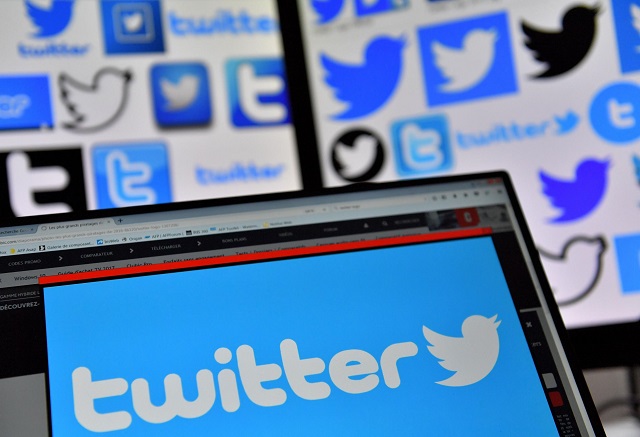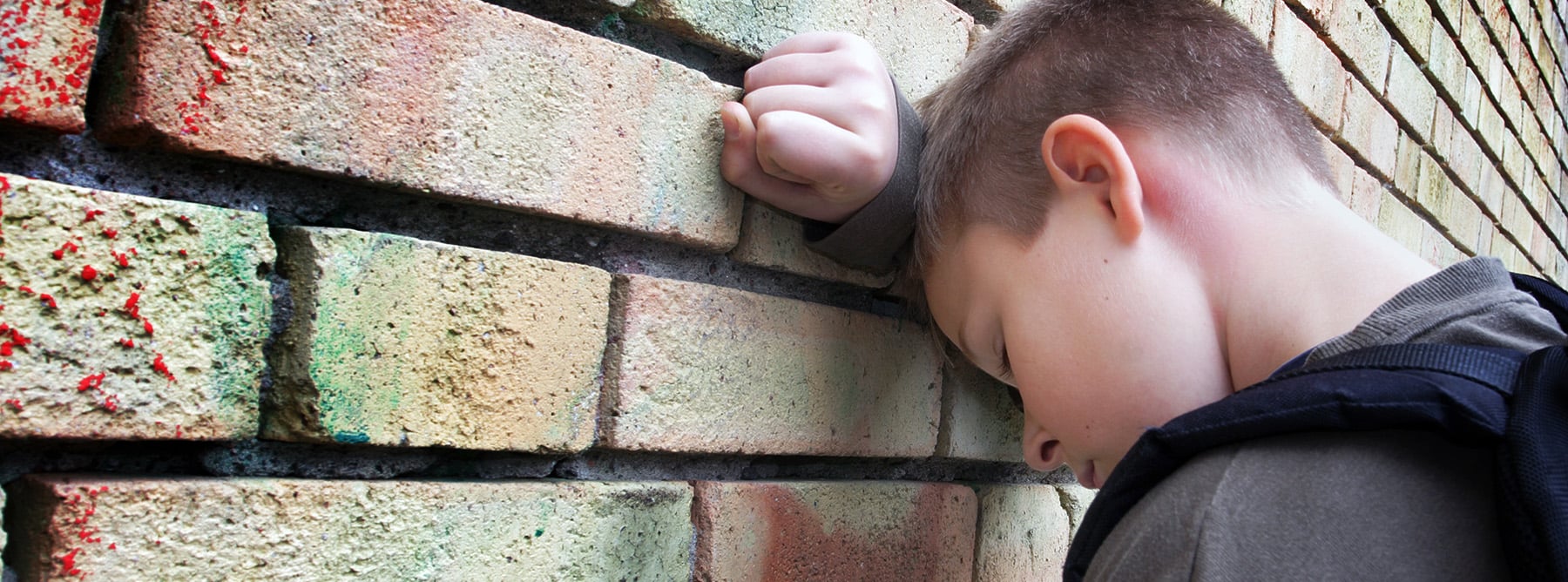
Recent tech layoffs provide indigenous industry an opportunity to flourish.
Following the pandemic world leaders of every stripe and colour had one message: ‘Build Back Better’. This pledge pervaded the airwaves of various governmental bodies and organisations most notably the World Economic Forum (WEF) as a sort of post-war Marshall Plan 2.0. From hastening the net-zero agenda to bracing for future pandemics, ‘The Great Reset’ would enable societies to learn from their mistakes and hold true to the maxim – ‘what doesn’t kill you makes you stronger.’
While workers are still reeling from mass layoffs announced abruptly by social media giants in recent weeks, it seems Ireland’s current economic model is in for a great correction enabling the tech-oriented economy to theoretically build back better.
As the low-interest rate bonanza comes to an end, the tech world is recovering from a hangover. “I got this wrong” Meta’s Mark Zuckerberg admitted in a memo to staff before axing 13 per cent of his company’s labour force.
What did he get wrong exactly? Creating an application that has been detrimental to people’s attention spans and social skills? No, Zuckerberg, like many tech CEOs, over-hired and invested during the pandemic under the pretence that pandemic market conditions would continue post-pandemic.
“Many people predicted this would be a permanent acceleration that would continue even after the pandemic ended. I did too, so I made the decision to significantly increase our investments. Unfortunately, this did not play out the way I expected.” Zuckerberg said.
In short: as the world became evermore reliant on technologies during lockdown, tech companies behaved as though this reliance would continue unabated as economies opened up.
In a similar vein, the Tipperary brothers Patrick and John Collison are also recovering from the post-pandemic hangover as they awaken to find a Tiger in the bathroom in true Alan Garner fashion in the critically acclaimed film The Hangover.
“Buoyed by the success we’re seeing in some of our new product areas, we allowed coordination costs to grow and operational inefficiencies to seep in” the Irish e-commerce giant Stripe mentioned in a statement where they announced cutbacks of 14 per cent of their labour force.
While most attention has been placed on Elon Musk’s machinations at Twitter after purchasing the social media giant for $44 billion, the economic model pursued by successive Irish governments has been placed under the microscope amid a flurry of tech-corrections.
Twitter, Stripe and Meta combined have over 4,000 staff in Ireland, with the latter accounting for the vast majority. With cuts of around two-thirds for the social media and tech behemoths Ireland’s much lauded yet internationally scrutinised low corporate tax model is suffering a severe setback.
As we mark the centenary of the founding of the Irish Free State, in that short space of time Ireland has gone from a poor peasant colony to that of a nation eclipsing centuries-old powers in the economic realm: Ireland’s GDP per capita is the sixth highest in the world.
Much of Ireland’s accumulated wealth can be contextualised by a syndrome those in the ‘short-end’ of the height spectrum may be familiar with: small-nation syndrome.
Ireland is a relatively new and indeed a small nation when measured against European peers. While several European countries have experienced bouts of instability and oppression causing their statehood to develop and grow anew, the Emerald Isle has been noted as an exceptional case in nascent nation-building.
Ireland has accelerated economically at such apace that many both within and outside its borders have struggled to keep up.
Luring foreign direct investment has been at the precipice of this acceleration. Whilst the baseline 12.5 per cent corporate tax rate is often noted by economists and observers as beneficial or detrimental, depending on who you ask, no one can dispute its immense economic contribution.
FDI gave this small-nation a leg to stand on, breaching the towering countries whose economic splendour and success a miniature island could only dream of emulating.
From Intel to Dell, FDIs of different shapes and sizes set up shop on the green desolate pastures of places like Kildare manufacturing materials that the world desired and doing so for a bargain. By the end of the 1990s Ireland had become the largest exporter of computer software in the world.
This continuum of foreign direct investment, primarily in the form of technologically based companies, contextualises Ireland’s role today as the tech-capital of the world.
Having been a hub for the exportation of silicon-based semiconductors Dublin grew to become Europe’s Silicon Valley.
But the men and women who encompass this island soon became detrimental to the new economic model pursued by nations where many of these companies’ foundations lay.
The shift from manufacturing to a services based economy in such a short space of time explains the conundrum many in the domestic workforce find themselves in presently.
This was encapsulated in the business strategies adopted by PayPal, whose co-founder just so happens to be the Twitter-slayer Mr Musk.
Founded in Pao Alto, PayPal has hired 2,000 people in Ireland. Yet despite basking in the fruits of amenable tax incentives PayPal’s Louise Phelan raised eyebrows back in 2012 when she admitted the paddy’s just weren’t good enough: “Absolutely there is a deficiency in languages in Ireland,” the Global Operations vice president told a puzzled nation at the Dundalk Institute of Technology.
Despite Ireland exceeding in the third-level sphere with well over half of 30-34 year olds possessing a third-level qualification, PayPal had to import its workforce in order to function. And it’s not just PayPal. Well over half of tech jobs in Ireland are filled by workers from abroad.
Indeed, many such companies undercut indigenous firms by paying staff well over €60,000 per annum whilst the average domestic wage remains static at around €40,000. This causes a wage-price spiral contextualising why Ireland exceeds the EU average for the price of… well… everything from rents to food.
The Financial Times made note of this recently mentioning that while “Ireland has added 24,000 new jobs in the information and communications sector since the first quarter of 2021… the purchasing power of highly paid tech staff has driven up rents in a market where housing supply was already under severe pressure.”
The part-time polemicist, tech guru and Web-Summit co-founder ‘WiFi’ Paddy Cosgrave noted in a tweet recently that: “Tech workers are mostly young, highly educated, foreign & transitory”.
In other words they are mobile & many will simply leave Ireland. The tech exodus could be the catalyst that allows ingenious industry to flourish once more.
One such group committed to seeing this through is Dogspatch Labs, a startup based in the Docklands who, unlike the Industrial Development Agency (IDA), seek to provide the tools required for home grown businesses to grow.
It’s in times of crisis that good heroes are born. Home-grown businesses will act as such heroes filling the void left by Musk and co.
Ireland must build back better from the tech correction and harness the creative capabilities awash amongst our highly educated and skilled domestic workforce.
Ireland’s great economic reset beckons.
Theo McDonald
Image Credit: The Independent



